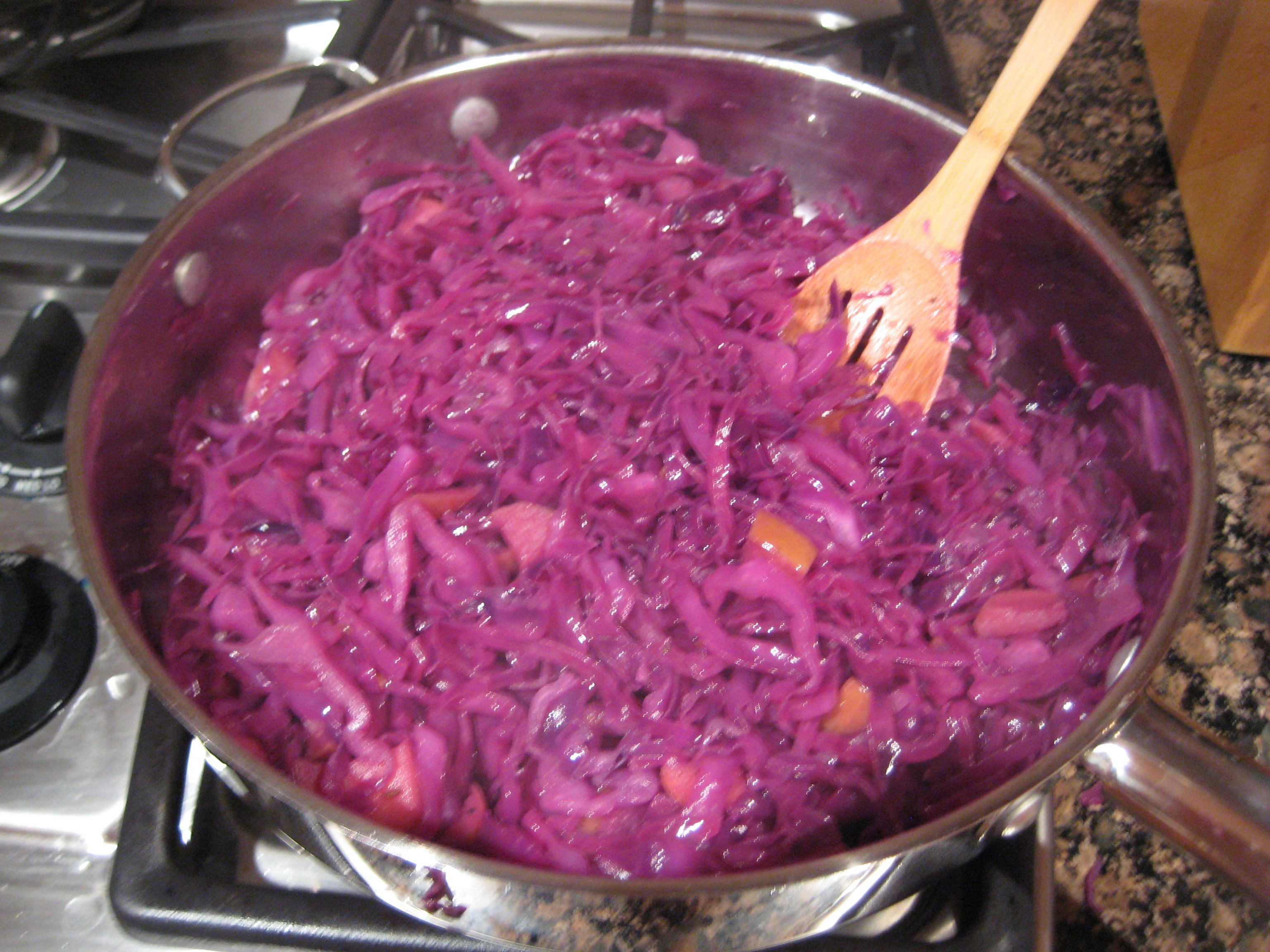
Some soaps might be green with the red cabbage juice. The color changes are usually in the red family for acids and in the green family for bases. The baking soda is sodium bicarbonate and the soaps have sodium hydroxide as an In this activity the vinegar is a 5% solution of acetic acid and the fruit juices have citricĪcid.

When a hydrogen ion combines with the basic form of an indicator, it will confine two formerly mobile electrons to a single covalent bond with the hydrogen shifting the light that is absorbed toward the blue end of the spectrum. More confinement makes the light absorbed bluer (shorter wavelength), and less confinement makes it redder (longer wavelength). Thus, by making the solution more acidic (lower pH and more hydronium ions), or more basic (higher pH and fewer hydronium ions), you cause the cyanidin to change its structure, which then changes the absorbed wavelengths.Ĭolor changes are basically caused by changes in electron movement or confinement in a double bond. What’s happening? When you change the concentration of hydronium ions (H 3O +) in the water, you affect the probability that the Cyanidin will keep or lose some of its Hs – you are affecting the shape of he molecule. Notice the differences and the similarities in colors.

Place the cabbage in a 3-quart pot and add 2-3 cups water.Chop the red cabbage into large pieces.Long before chemical indicators were synthesized, chemists in the 1600s used plant and vegetable dyes. Solutions you wish to test (Baking soda, lemon juice, vinegar, etc.With a little red cabbage juice, you can be an alchemist for a day!Ī collection of household items and vegetables can make for an interesting afternoon.Please refer to the chart below to match the pH numbers with the color change. pH scale runs from 0.0 to 14.0 and is the measurement of a liquids level of acidity or alkalinity. Through this color change, you will be able to successfully identify the approximate pH of the household liquid. You will mix cabbage juice with different household liquids and see a color change produced by a pigment called flavin in red cabbage. In this experiment, we will use the juice from red cabbage as a pH indicator to test common household liquids and determine their pH levels. The cabbage contains a natural pH indicator that changes colors according to the acidity of the solution.

The pH of pure water is 7 and the normal range of surface water is between 6.5 and 8.5. If the solution has an equal amount of acidic and alkaline molecules, pH is considered neutral. Acids have a low pH with anything less than 7 and alkaline solutions have a high pH with anything above a 7.

Baking soda, soapy water and bleach are all alkaline liquids. For example, apple juice, oranges, coffee and milk are all acidic liquids. Liquids all around us have either of these properties. First, let us briefly go over a little about acidic or alkaline properties. Yeah that’s right, there’s a way to indicate pH levels at home with the use of purple cabbage.


 0 kommentar(er)
0 kommentar(er)
